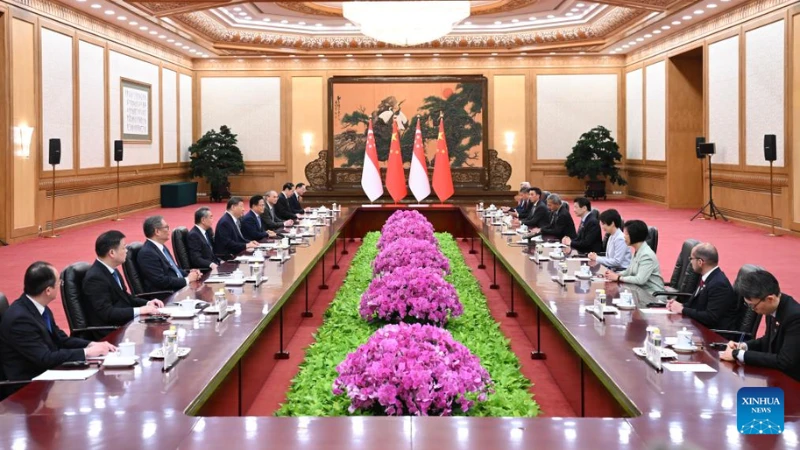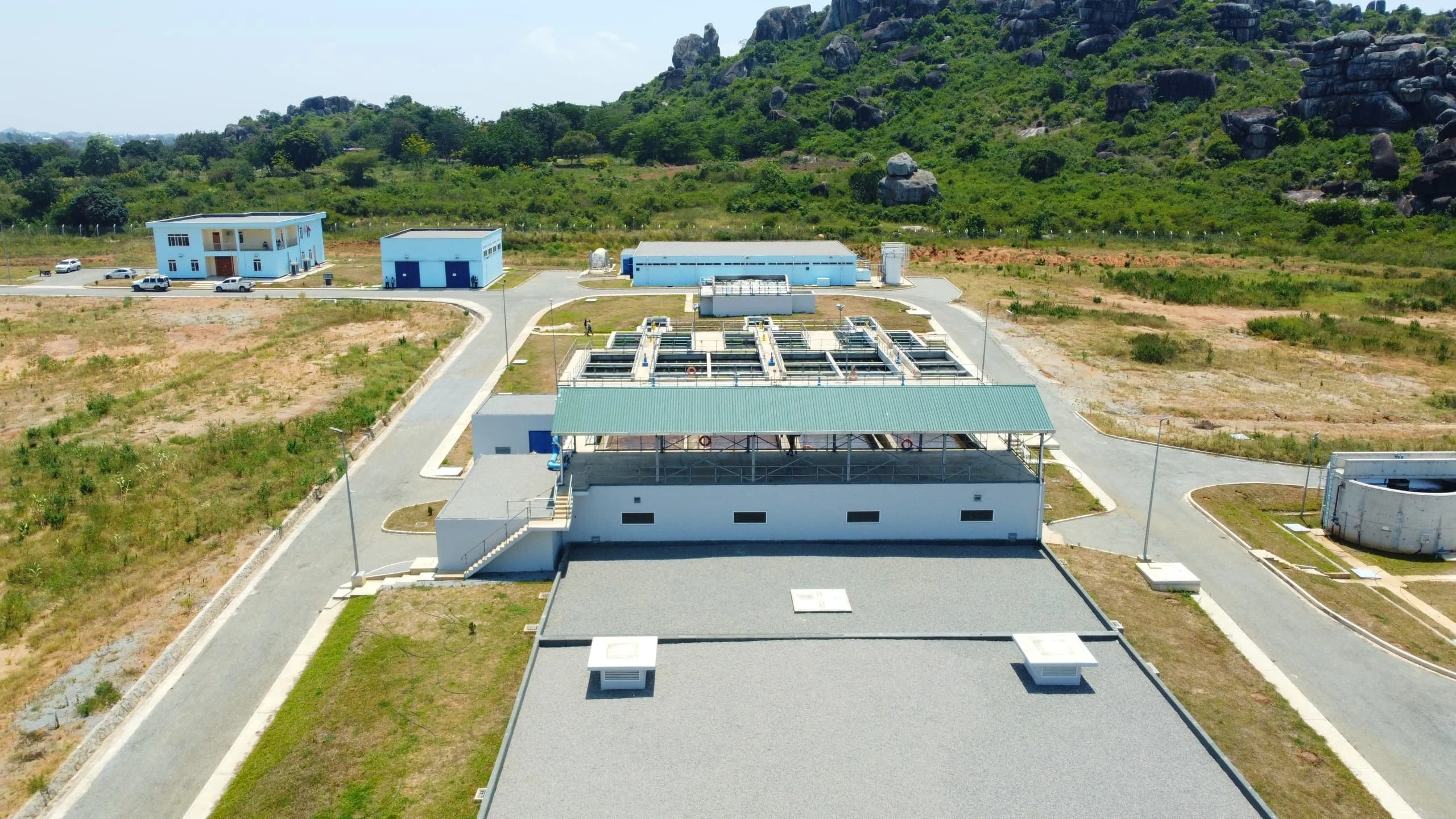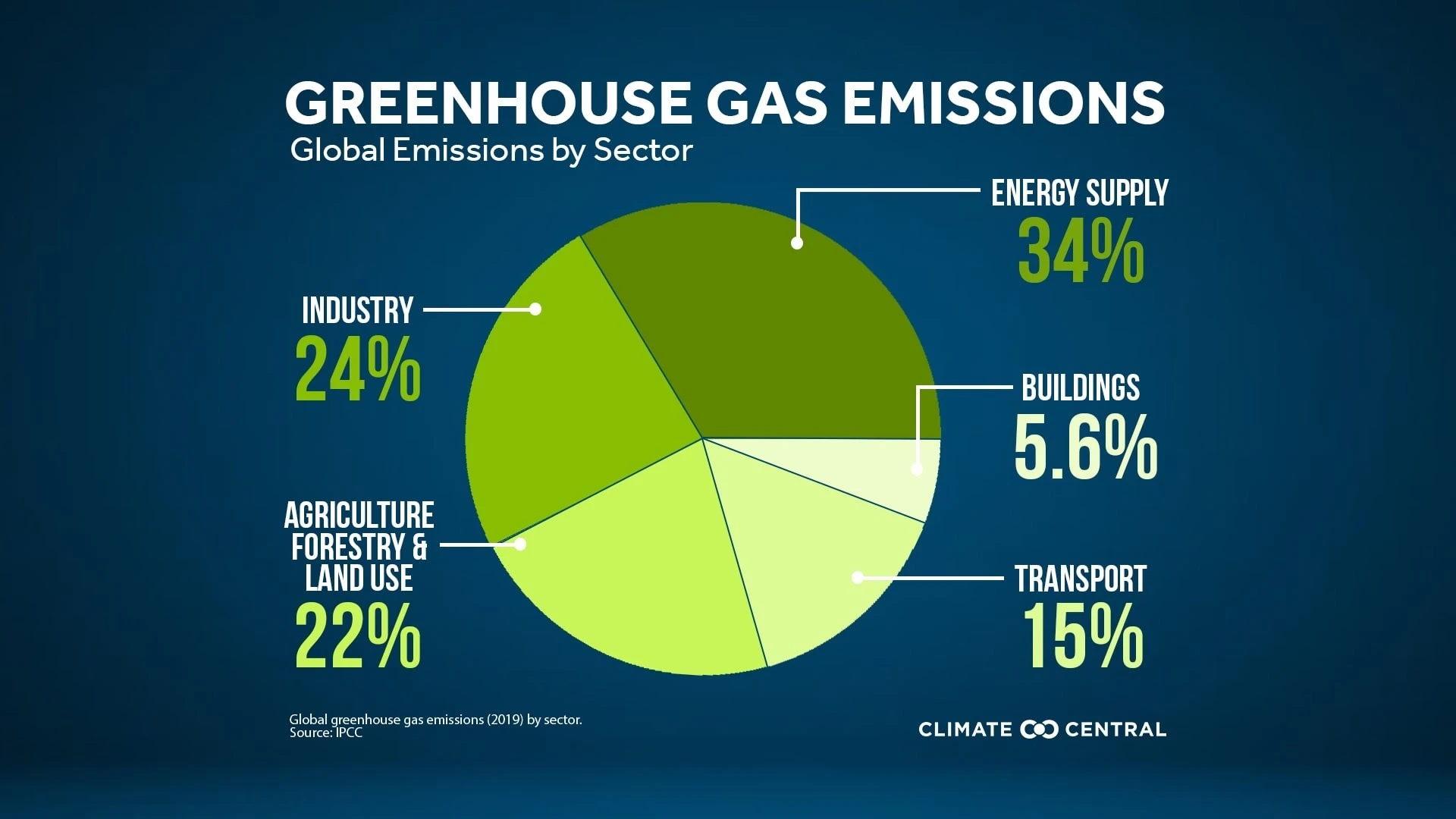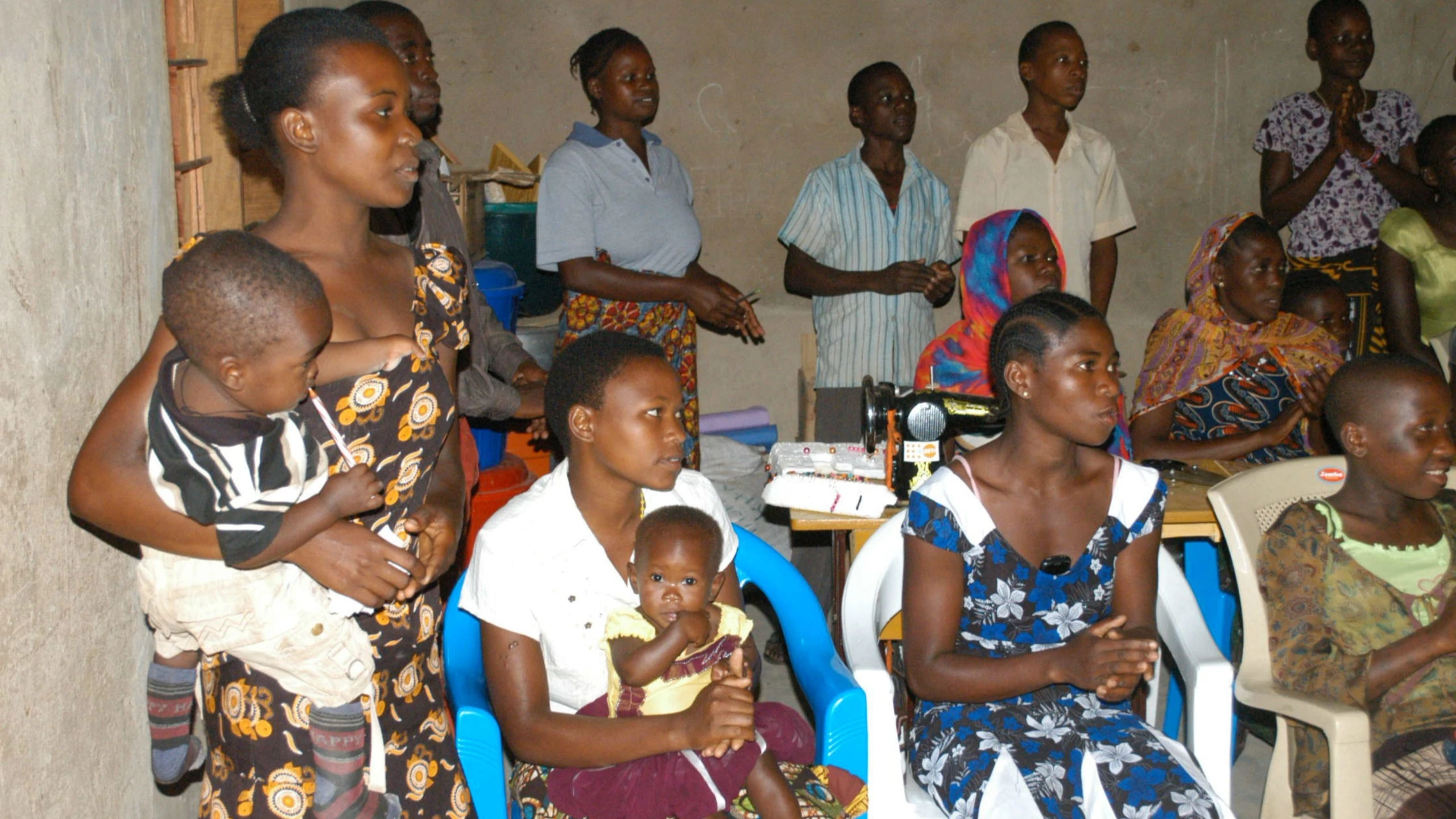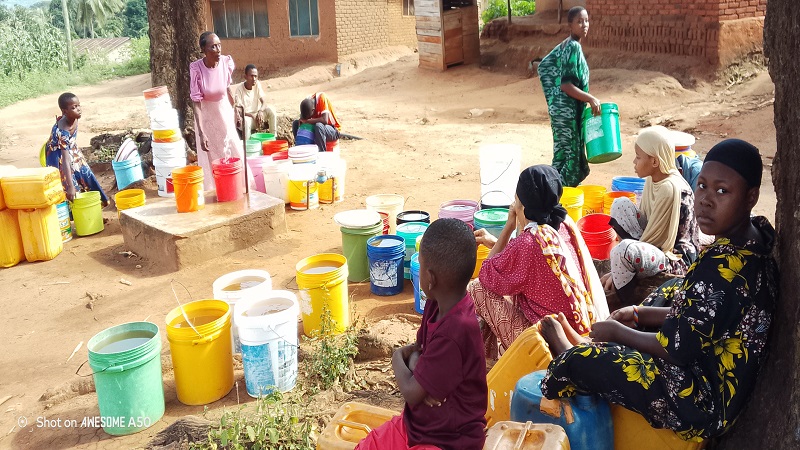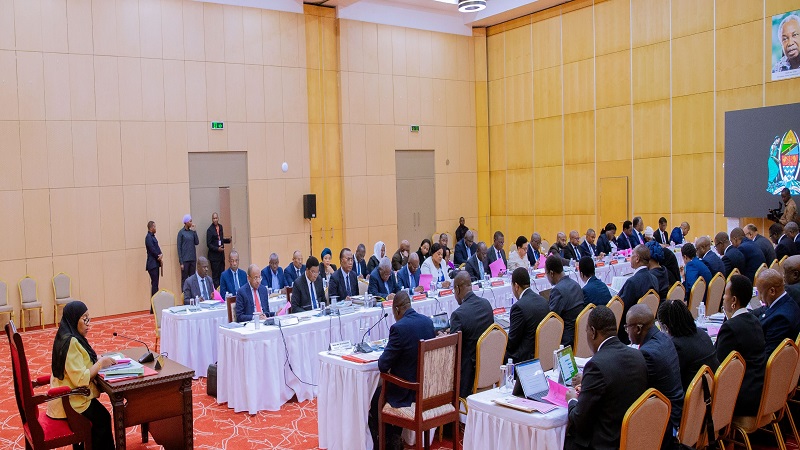DPM underlines action on Africa’s hunger, disparities
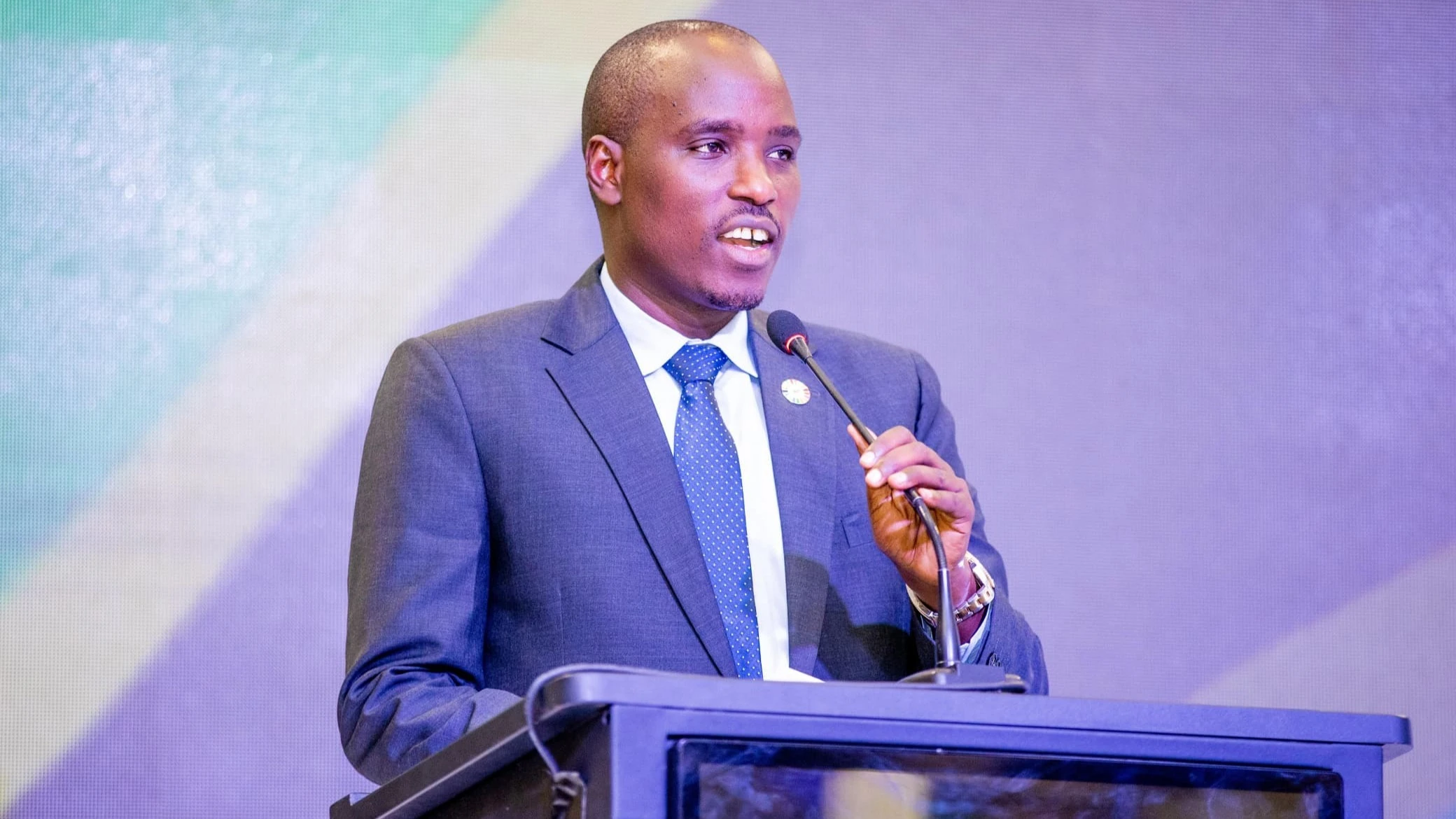
THE African continent faces a deepening crisis if transformative interventions are not accelerated, deputy premier Dr Doto Biteko has declared.
Opening the 10th Agriculture, Nutrition and Health (ANH) Academy Week in Dar es Salaam yesterday, he called for bold and integrated action to tackle rising food insecurity, inequality and malnutrition across sub-Saharan Africa.
Co-hosted by the London School of Hygiene & Tropical Medicine and the Sokoine University of Agriculture (SUA), the four-day gathering comes at a moment of growing concern over what experts describe as “hidden hunger”—a condition in which people remain undernourished despite living in food-producing regions.
One in every five Africans still suffers from hunger, and an estimated 65 percent of the population across the continent remains food insecure—unable to access or afford nutritious diets essential for health and productivity, he said.
“The reality is both alarming and unacceptable. It calls for urgent, integrated action across the agriculture, nutrition and health sectors to ensure that everyone regardless of income or location has access to sufficient, safe and nutritious food,” he emphasized.
Nutrition is not only a health issue but a critical pillar of Africa’s economic and human development agenda, he said, noting that while progress has been made, challenges such as stunting in children, rising obesity rates and climate-related disruptions to agriculture are hindering growth.
He stated that the government is pursuing a multi-sectoral strategy that includes investments in nutrition-sensitive agriculture to link food production directly to health outcomes, along with expansion of universal health coverage.
Highlighting a seven percent increase in the number of health facilities since 2021, he also mentioned the recruitment of over 137,000 community health workers to support maternal and child health, non-communicable disease prevention and digital health interventions.
“Our health system is a safety net that ensures that benefits of good nutrition and food security translate into long, productive lives,” he said.
Other crucial initiatives include the development of irrigation infrastructure and improved extension services, plus support for innovation through digital health systems and nutrient-rich food production, he explained.
“We are not just increasing yields—we are nourishing people. Our agriculture must be smart, productive and health-oriented,” he said, underlining that agriculture remains the cornerstone of Tanzania’s economy.
It contributes nearly 30 percent to GDP, employing more than 65 percent of the population, he stated, citing significant increases in government investment—with a 29 percent budget increase for agriculture—as proof of Tanzania’s commitment to nutrition-sensitive and climate-smart agricultural systems.
Through the national multisectoral nutrition action plan now in its second phase, the government is addressing all forms of malnutrition by coordinating interventions across the various sectors—from agriculture and education to water and health, he said.
“We are promoting the production and consumption of nutrient-dense crops, particularly in semi-arid areas, based on local agro-ecological conditions,” he said, affirming that this is part of a wider strategy to transform food systems at the community level.
Tanzania is committed to strong regional and global cooperation, including the role of South–South partnerships and joint research initiatives in driving innovation and resilience, he affirmed.
Marianne Young, the British high commissioner, said that farmers in Tanzania, like many others around the world, face increasingly erratic rainfall and shifting growing seasons. This puts pressure on food systems and giving rise to complex health challenges, he said.
“Responding to this requires more than gradual change—it demands innovation, evidence-based solutions and strong partnerships. The UK remains a committed partner to Tanzania, with longstanding collaboration across agriculture, nutrition and health,” she stated.
“Our joint efforts have reached millions—from providing nutrition supplements to 6.7 million pregnant women, to boosting incomes through support to over 60 agribusinesses in strategic value chains like tea, cotton, and maize. This has created jobs, reduced stunting in targeted regions and attracted over $80m in commercial investment.
“We are also advancing climate-smart agribusiness, improving regional trade systems and enabling Tanzanian businesses to thrive in carbon and nature markets,” she further noted.
Prof Suneetha Kadiyala of the London School of Hygiene & Tropical Medicine said that the meeting is being held in a time of profound global uncertainty, as rising nationalism, shrinking civic space and treacherous geopolitics are transforming global health into a perceived threat.
“Improving access to healthy, nutritious food requires a combination of strategies from education and marketing that shape consumer choices, to making nutritious options more available, affordable and appealing in everyday spaces like shops, schools and markets.
“Our broader food system—how food is grown, processed and sold directly impacts our health, and in turn, health issues like pollution or disease outbreaks can affect how food is produced,” she elaborated.
Efforts must also be made to consider the impact of climate change on food production and how agriculture practices affect the planet’s health, she said.
Creative research and innovation are crucial to finding effective ways to study, measure and solve challenges in food, nutrition and health, the don specified.
The UN World Food Programme reported that acute food insecurity and child malnutrition were rising globally, with over 295 million people in 53 countries facing severe hunger, something which calls for concerted efforts to address, she added.
Top Headlines
© 2025 IPPMEDIA.COM. ALL RIGHTS RESERVED








